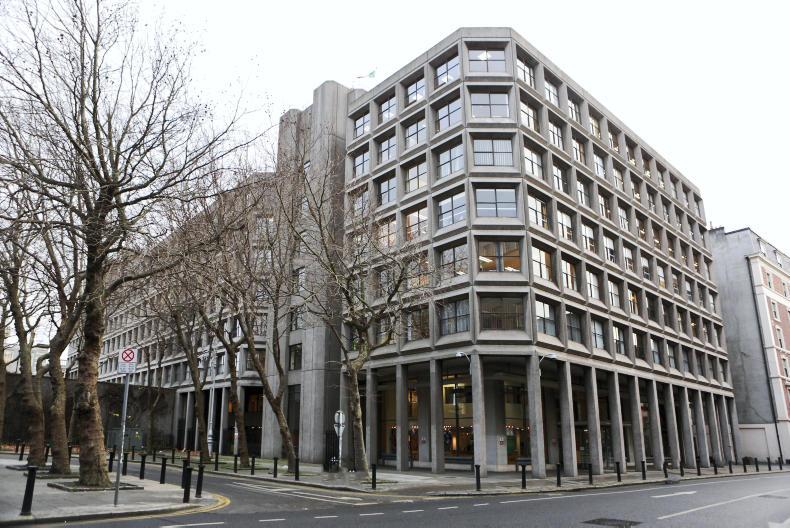Out of a total of 556 appeals to the Agriculture Appeals Office in 2018, 25% of those were part of the Green, Low Carbon, Agri-Environmental Scheme (GLAS).
GLAS led the way for the highest number of appeals, followed by the Basic Payment Scheme (BPS) on 12% and cross compliance for BPS and other area based schemes (8%).
The 2018 report shows that the number of total appeals was down 13% on 2017, while almost half (45%) of appeals were disallowed, 16% were withdrawn, invalid or late and some 39% were approved.
Of the 45% appeals disallowed, the majority also concerned appeals against GLAS decisions. The scheme with the highest number of appeals that were revised by the Department was the Beef Data Genomics Programme (BDGP) and the second highest concerned GLAS appeals.
Issues
Low Input Permanent Pasture action was one of the main issues in GLAS appeals, with problems ranging from no owned cattle to land parcels not claimed as permanent pasture in the previous years. Other issues included protection of watercourses from cattle, no animals on the farm for the duration of the GLAS contract, inadequate fencing of watercourses and the farm nutrient plan not submitted as requested.
The main issues when it came to Basic Payment Scheme were land ineligibility due to non-permanent stock proof fencing, inadequate reductions for scrub or trees and no agricultural activity on land parcels. Under cross compliance the main issues were tagging and registration, failure to lodge nitrates records and removal of landscape features.
There were 520 appeal cases closed in 2018, compared to 707 cases in 2017. One appeal dating back to 2014 was closed in 2018. However, the report states that the average time taken to deal with an appeal was 70 days from date of receipt of the file.
Read more
Bench warrant issued for Kerry farmer
Cattle left in ‘appalling condition’
Kildare farmer appeals planning decision for Intel's $4bn facility
Out of a total of 556 appeals to the Agriculture Appeals Office in 2018, 25% of those were part of the Green, Low Carbon, Agri-Environmental Scheme (GLAS).
GLAS led the way for the highest number of appeals, followed by the Basic Payment Scheme (BPS) on 12% and cross compliance for BPS and other area based schemes (8%).
The 2018 report shows that the number of total appeals was down 13% on 2017, while almost half (45%) of appeals were disallowed, 16% were withdrawn, invalid or late and some 39% were approved.
Of the 45% appeals disallowed, the majority also concerned appeals against GLAS decisions. The scheme with the highest number of appeals that were revised by the Department was the Beef Data Genomics Programme (BDGP) and the second highest concerned GLAS appeals.
Issues
Low Input Permanent Pasture action was one of the main issues in GLAS appeals, with problems ranging from no owned cattle to land parcels not claimed as permanent pasture in the previous years. Other issues included protection of watercourses from cattle, no animals on the farm for the duration of the GLAS contract, inadequate fencing of watercourses and the farm nutrient plan not submitted as requested.
The main issues when it came to Basic Payment Scheme were land ineligibility due to non-permanent stock proof fencing, inadequate reductions for scrub or trees and no agricultural activity on land parcels. Under cross compliance the main issues were tagging and registration, failure to lodge nitrates records and removal of landscape features.
There were 520 appeal cases closed in 2018, compared to 707 cases in 2017. One appeal dating back to 2014 was closed in 2018. However, the report states that the average time taken to deal with an appeal was 70 days from date of receipt of the file.
Read more
Bench warrant issued for Kerry farmer
Cattle left in ‘appalling condition’
Kildare farmer appeals planning decision for Intel's $4bn facility






 This is a subscriber-only article
This is a subscriber-only article










SHARING OPTIONS: